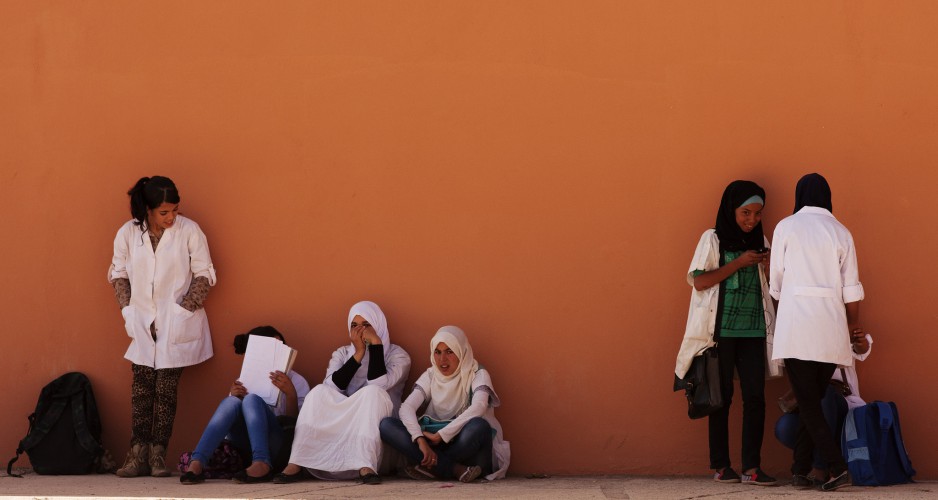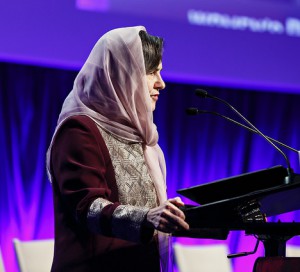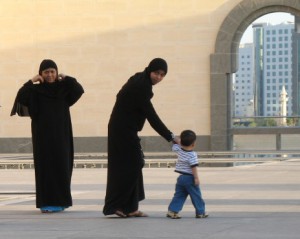Burqa Ban
Much controversy has been concocted in the media about the wearing of a traditional Islamic clothing for women, the burqa (also known as ‘burka’).
The views on this matter vary depending on location and/or opinion, for example that of the leader of the One Nation Party, based in Australia. The One Nation Party is a right-wing populist party, founded in 1997, and led by Pauline Hanson, who has proven to have quite stern views on the burqa, concerning its presence in the field of government. In order to make a point, Hanson wore this Islamic wear into the chambers, and described the situation as ‘really horrible’ and ‘uncomfortable’. She further stated that the burqa is ‘not what should belong in parliament’, thus dismissing her acceptance of wearing the burqa on political grounds.
In terms of location, the wear of a burqa is permitted in some places (part ban), while some countries do not allow it to be worn at all (full national ban). One of these countries include Switzerland, where a fine of €10, 000 is used as a penalty for violating this particular law.
UKIP (UK Independence Party) also wants the banning of the burqa, some may say a predictable opinion to have, due to their past views on certain controversial ethical topics. A few of these may be Nigel Farage, leader of UKIP, who is proposing to ban those with HIV from the UK and to legalise handguns.
In December 2017, Angela Merkel, Chancellor of Germany since 2005, has said that ‘the full covering… should be banned’. In European countries such as France, Belgium and The Netherlands, the burqa has already been banned in places such as schools, hospitals, and on public transport.
Another controversial figure in the burqa debate is Boris Johnson, the Secretary of State for Foreign and Commonwealth Affairs in the UK. In a column in the Daily Telegraph, Johnson described the burqa as ‘oppressive’, ‘weird’ and as not having any ‘scriptural authority… in the Qu’ran’ (the Islamic holy book). He further compared the women who wear them as looking like ‘letter boxes’ and ‘bank robbers’, giving a sense of criminality to these Muslim women.
Many lashed out at Johnson’s blunt comments, one key figure being Mohammed Amin, the Chair of the Conservative Muslim Forum. ‘Boris is an educated man, he should know better’.
Christine Hamilton was another one of those who responded to Johnson’s comments in the Telegraph. As an English media personality, and a prominent supporter of UKIP (along with her husband), her response was acknowledged by a large number of people. Posting a photograph of the KKK (Klu Klux Klan), she captioned it: ‘If the #burka is acceptable then presumably this is too?’ Here, Hamilton is comparing a violent, racist movement targeting black people in the US to the international religion of Islam. Many replied in disagreement to Hamilton’s social media comment.
As Islam continues to be targeted in the media as a violent religion, and a large number Muslims continue to be verbally and physically abused on the street, decisions on the ‘burqa ban’ are ongoing, and could affect multiple Muslim women worldwide.






